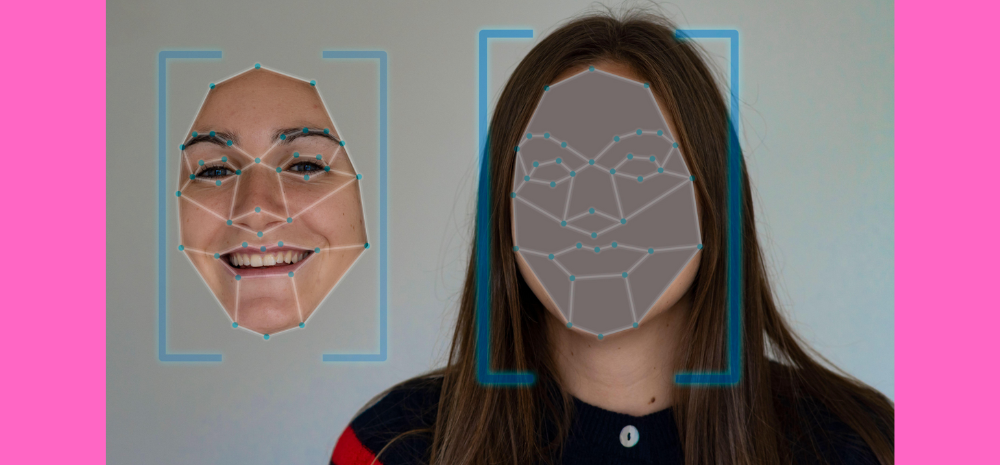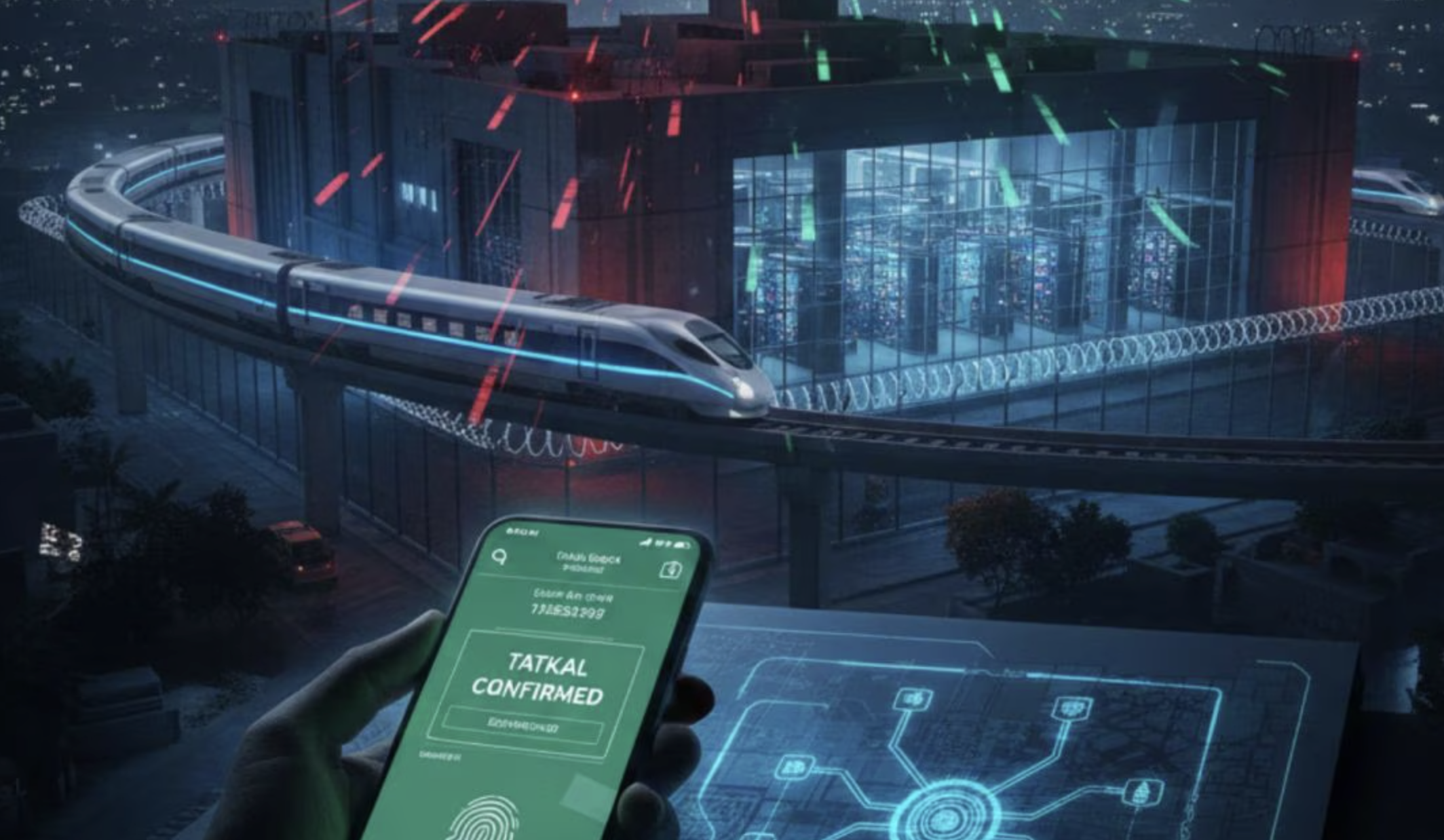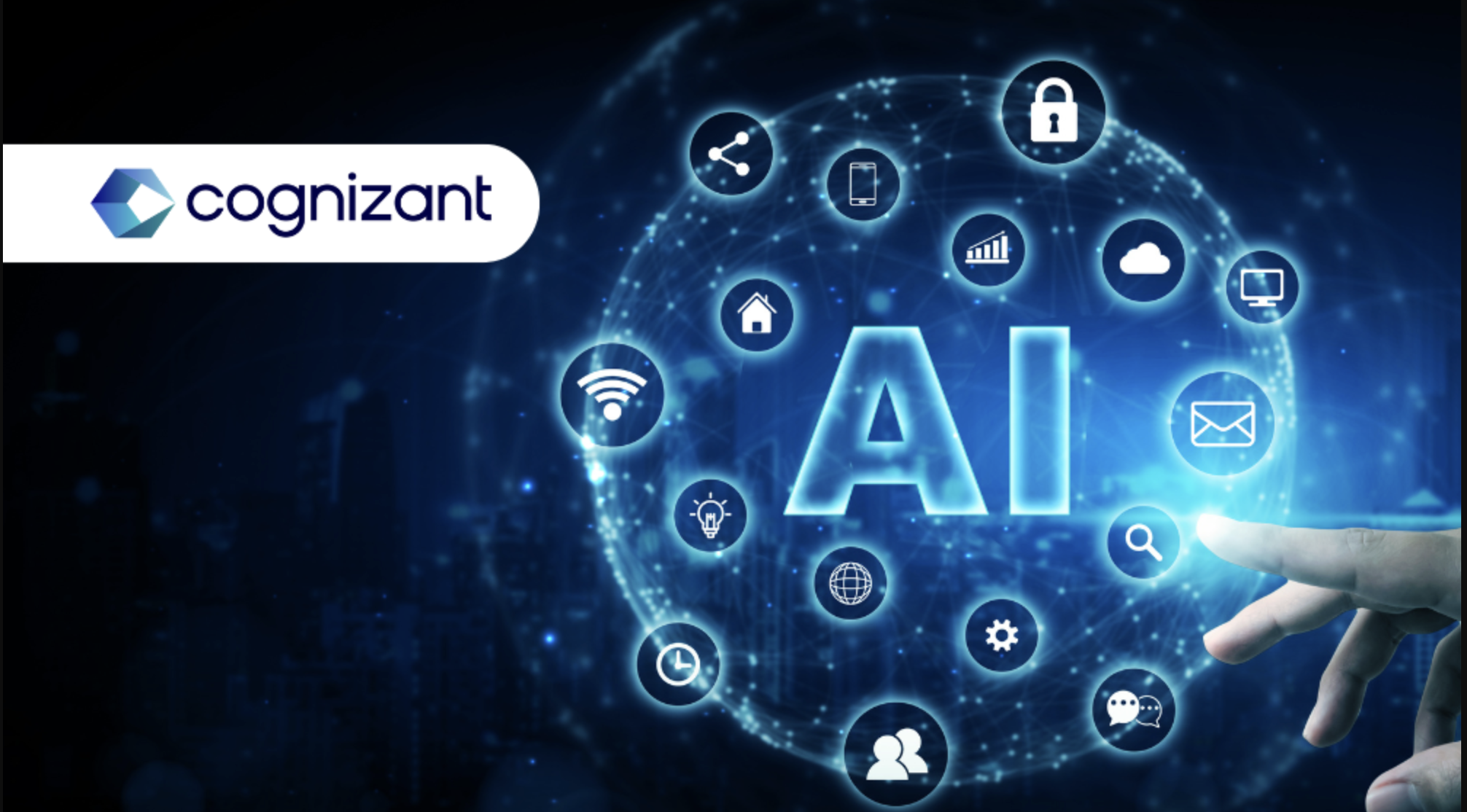YouTube is implementing new regulations for content created using artificial intelligence (AI), requiring creators to disclose if they have utilized generative AI to produce realistic-looking videos. In a recent blog post, YouTube outlined various updates to its AI-related policies, emphasizing that creators who fail to reveal their use of AI tools in the creation of modified or synthetic videos may face penalties, including content removal or suspension from the platform’s revenue sharing program.

YouTube Implements Stricter Regulations for AI-Generated Content to Safeguard Community and Address Sensitive Topics
While acknowledging the potential of generative AI to enhance creativity on YouTube, the platform underscores the need to balance these opportunities with a responsibility to safeguard the YouTube community. These regulations build upon guidelines introduced by Google, YouTube’s parent company, in September, which mandated a prominent warning label for political ads on platforms using AI. Set to take effect next year, the new changes provide YouTubers with options to indicate whether their content involves AI-generated videos that realistically portray fictional events or depict individuals engaging in actions or utterances that did not occur. This disclosure becomes particularly crucial for content addressing sensitive topics such as elections, conflicts, public health crises, or public figures.
YouTube Enhances User Notifications and Content Regulation with AI, Prioritizing Privacy and Authenticity
Viewers will be notified of altered videos through labels, including prominent indicators on the YouTube video player for content related to sensitive subjects. YouTube is also utilizing AI to identify and address content violating its rules, with the technology aiding in the swift detection of emerging forms of abuse. The platform is updating its privacy complaint process, enabling requests for the removal of AI-generated videos simulating identifiable persons, including their faces or voices. Additionally, YouTube’s music partners, such as record labels or distributors, will have the ability to request the removal of AI-generated music content mimicking the distinctive singing or rapping voice of an artist.












